As the 2021 Norwegian parliamentary election is hastily approaching, let’s take a deep dive into the previous election as well as Erna Solberg’s (H) last four years as prime minister.
The basics
In accordance with the electoral system in Norway, there will be a parliamentary election on a Monday in September every four years.
169 representatives are chosen to appear in the Norwegian parliament (Storting) – each of the country’s 19 counties makes up a constituency, and the number of representatives from each county is based on its population and area.
150 representatives are chosen directly in their respective counties as district mandates, while 19 representatives, one from each county, are so-called “equalization mandates” distributed based on each party’s national support. Only parties that make it above the 4% limit of national votes are accounted for in the distribution of equalization mandates.
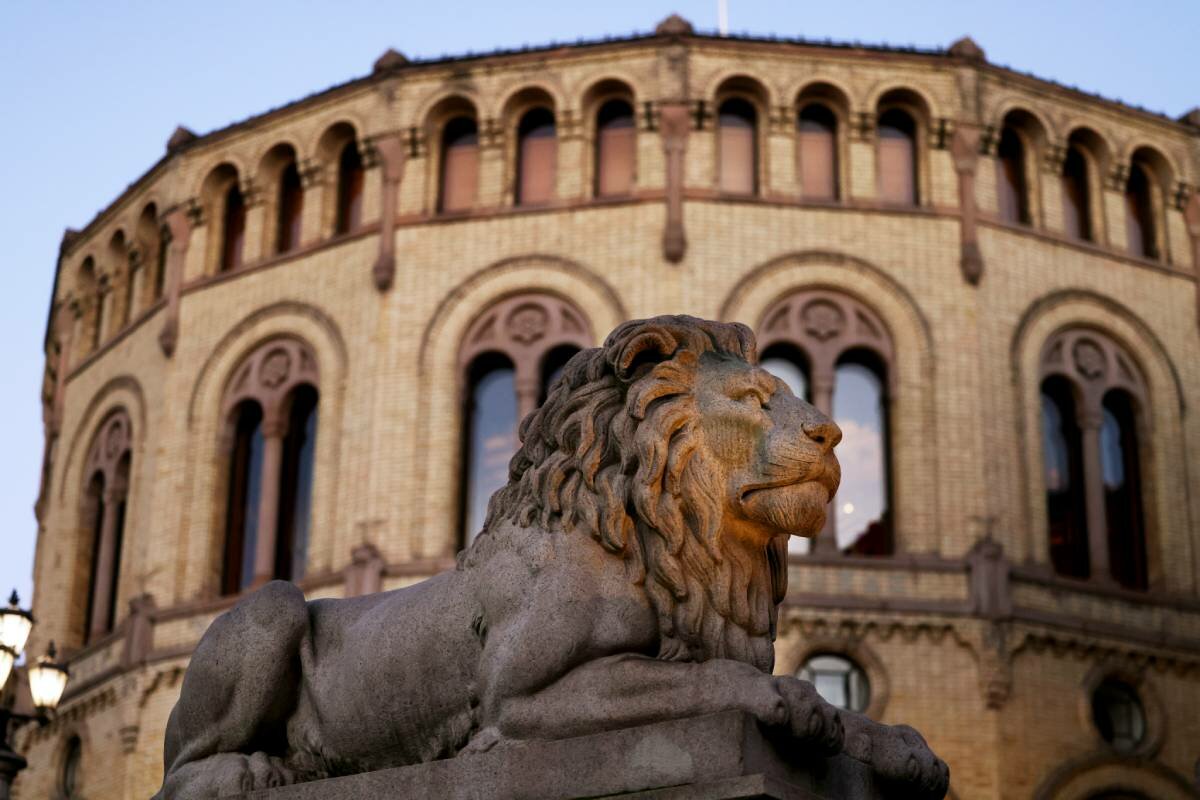
Prior to the 2017 election
Prior to the 2017 election, eight parties were represented in the Storting: the Labor Party (AP, 55 seats), the Conservative Party (H, 48 seats), the Progress Party (FRP, 29 seats), the Christian People’s Party (KRF, 10 seats), the Center Party (SP, 10 seats), the Liberal Party (V, 9 seats), the Socialist Left Party (SV, 7 seats), and the Green Party (MDG, 1 seat).
The parliamentary majority consisted of the governing Conservative Party (H) and Progress Party (FRP), as well as the support parties Christian People’s Party (KrF) and Liberal Party (V), who all had a formalized cooperation agreement.
The four cooperating parties had a total of 96 of 169 seats, 85 of which are required for a majority. The opposition had 73 seats during the period. The government had been led by Prime Minister Erna Solberg (H).
The 2017 election results
Prior to the election, the Conservative Party (H), the Progress Party (FRP), the Christian People’s Party (KRF), and the Liberal Party (V) supported a bourgeois government with Erna Solberg (H) as prime minister, something that would allow the four parties to continue their cooperation.
Conversely, the Labor Party (AP), the Center Party (SP), the Socialist Left Party (SV), and the Red Party (R) supported a red-green government with Jonas Gahr Støre (AP) as prime minister. Such a government could also have received support from the Green Party (MDG), however, they also did not rule out supporting a government with the Conservatives (H), the Christian People’s Party (KRF), and the Liberals (V).
Støre (AP), on the other hand, ruled out government cooperation with both the Green Party (MDG) and the Red Party (R). He was, however, likely to have become dependent on their support to gain a majority in the Storting if the bourgeois parties had lost the parliamentary majority.
Immigration most important
According to a survey by the SSB, immigration was the most important issue for voters in the 2017 elections, with 28% of voters reportedly having this in mind when going to the polls.
Immigration was most important for people who voted for the Progress Party (FRP), where 70% said that it was a key issue for them. However, the debate was also of importance for people who voted for the Green Party (MDG), the Conservative Party (H), and the Socialist Left Party (SV).
Some of the other key debate issues in 2017 were, ordered by most to least important among voters: taxes and fees, school and education, environment, economy, industry and employment, health, elderly care, district policy, transport, social equalization, and child and family policy.
Progress Party owned the immigration policy
In the survey, voters were also asked which parties they thought had the best policy regarding ten key issues.
The Progress Party (FRP) had clear ownership of immigration policy, and the proportion who believed that the party had the best policy increased from 27% in 2013 to 35% in 2017.
The Conservatives (H) had a great deal of confidence in school, health, and tax policy. The party mainly managed to maintain confidence in these cases, but the proportion who believed that the party had the best tax policy fell by 8% from 2013 to 2017.
A dramatic decline for the Labor Party
The Labor Party (Ap) lost property ownership in key areas for the party such as health, tax, and employment policy. Although more than 30% pointed to the Labor Party as the party with the best employment policy in 2017, the decline from 2009 was dramatic. At that time, over 60% thought that the Labor Party was the best.
The Liberal Party (V) lost part of its stake ownership in the environmental issue from 2013 to 2017, as did the Christian People’s Party (KRF) in child and family policy. Almost four out of ten voters thought that the Center Party (SP) had the best district policy.
Solberg’s government
After the 2017 election, the Liberal Party (V) entered government together with the Conservatives (H) and the Progress Party (FRP) in January 2018. The Christian People’s Party (KRF) did the same in January 2019.
This did not last long, however – in 2020, the Progress Party (FrP) made history by being the first Norwegian party to leave a sitting government.
On January 14, 2020, it became known that the government had decided to retrieve an “allegedly ill Norwegian child” together with the child’s mother and one sibling from the al-Hol refugee camp in Syria, on humanitarian grounds.
The ministers from the Progress Party (FRP) dissented, and the party leadership wanted to draw up a list of demands for a breakthrough in the government. After an extraordinary national board meeting, party leader Siv Jensen announced on January 20, 2020, that the Progress Party would leave the majority government. The Progress Party’s seven ministers left the government on 24 January 2020.
“I took the Progress Party into the government, and now I will take them out,” party leader Siv Jensen said about the historic decision.
Source: #NorwayToday / #NorwayTodayNews
Do you have a news tip for Norway Today? We want to hear it. Get in touch at [email protected]

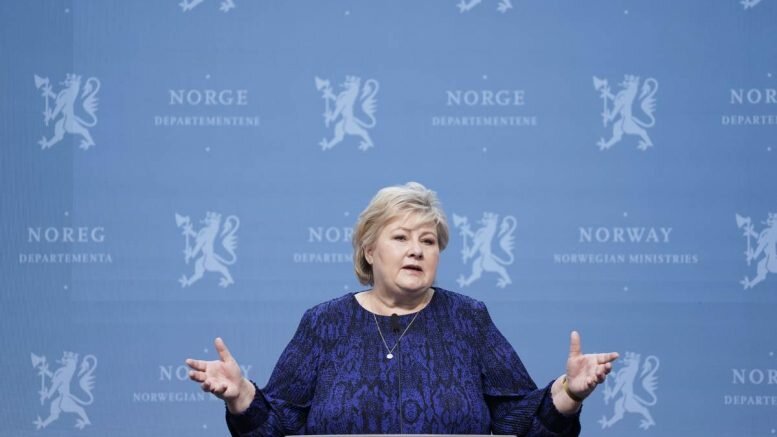
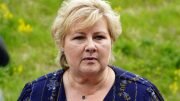
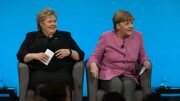

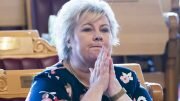
Be the first to comment on "Norway votes tomorrow. Here are some of the key takeaways of the 2017 parliamentary elections"